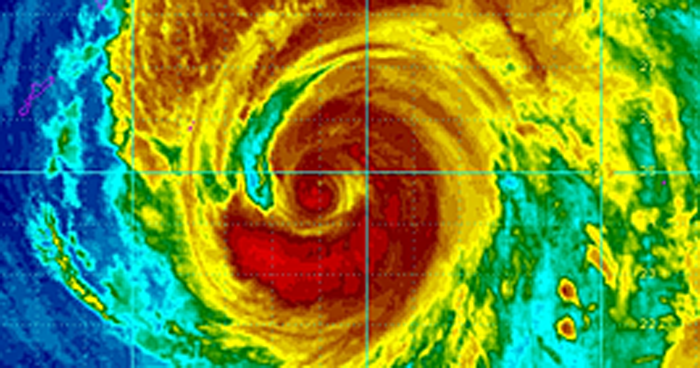
Wipha Hits But Does Not Damage Fukushima Plant

Typhoon Wipha has dumped more water on parts of Japan than the country has received from any other event since it began recording precipitation in 1991, but the storm did not create any new problems at the crippled Fukushima nuclear power plant, according to the BBC and The Washington Post.
Officials with plant operator Tokyo Electric Power Co. (TEPCO) said that plant workers were forced to drain radiation-contaminated water from nine different storage areas early Wednesday (Oct. 16) morning, without first transferring it to a central holding tank to be measured for contamination as they normally would, due to an excessive and abrupt overflow of water within cooling tanks. Still, TEPCO said readings from the drained water fell within safe radiation limits, The Asahi Shimbun reported.
Under normal conditions without record rainfall, the power plant still releases about 300 tons of radioactive water into the ocean each day, more than three years after a tsunami inundated and destroyed parts of the plant, the Japanese government said earlier this year. The steady radiation leak is not thought to pose immediate health risks to most Japanese residents, but may present more health problems down the road as the marine life that many residents subsist on accumulates more radiation.
Follow Laura Poppick on Twitter. Follow LiveScience on Twitter, Facebook and Google+.
Sign up for the Live Science daily newsletter now
Get the world’s most fascinating discoveries delivered straight to your inbox.











